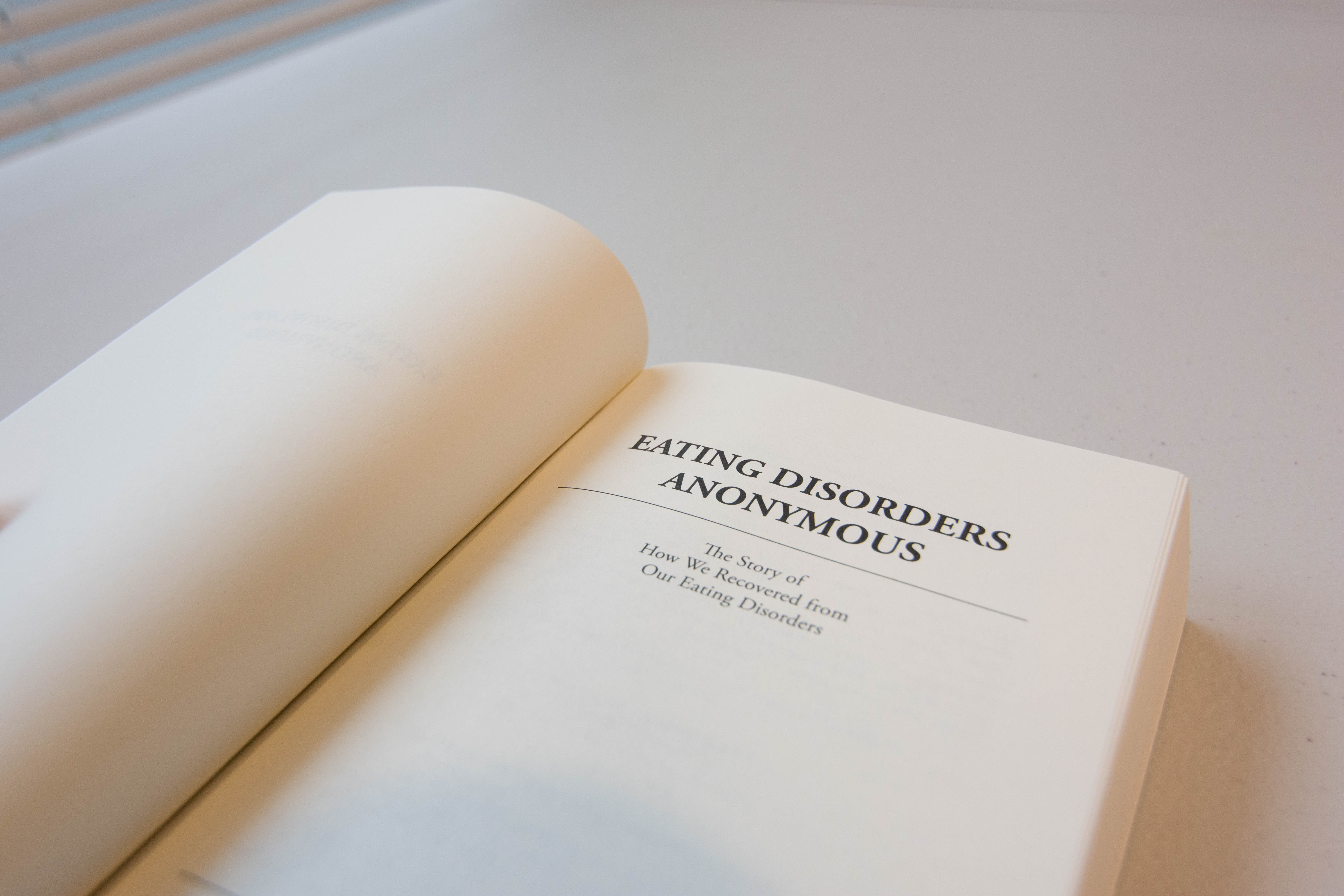With more than 30 million Americans and 10 percent of Kennesaw residents in recovery from eating disorders, KSU must help raise awareness for eating disorders.
NEDAwareness week begins Feb. 26 and runs through Sunday, March 4. Each February the National Eating Disorder Association designates a week to promote eating disorder awareness. NEDA’s theme this year is “Let’s Get Real.”
According to its website, the “goal is to expand the conversation and highlight stories we don’t often hear. Our culture has complicated relationships with food, exercise, and appearance.”
KSU alumna Kerri McCue was diagnosed with an eating disorder as a young girl. Now six years into her recovery, she works at the Center for Young Adult Addiction and Recovery on campus and visits treatment centers around Georgia. McCue explained that people with eating disorders become fixated on minor issues, especially surrounding food and their bodies.
“Eating disorders don’t discriminate,” McCue said. “Eating disorders are about the illusion of control — food, body, and pain.”
According to the National Association of Anorexia Nervosa and Associated Disorders, 33-50 percent of eating disorder patients also suffer from a mood disorder, such as depression. Patients with bulimia suffer from binge eating episodes, wherein large amounts of food are consumed in two hours. After an episode, it is common for the patient to self-induce vomiting.
“Food is not the issue,” McCue said. “Thinking is the issue!”
In September 2016, my younger sister began to fade away. She lost weight faster than recommended and her self-esteem plummeted. While we fervently tried to help her, she hid away. At 15 years old, my sister began her battle with anorexia.
Her story is not uncommon. According to NEDA, girls as young as six begin to “express concerns about their own weight or shape, and 40-60 percent of elementary school girls (ages 6-12) are concerned about their weight or about becoming too fat.”
These concerns carry into college. A national study conducted by NEDA showed that over a 13 year period, the number of “total eating disorders increased from 23 to 32 percent among females and from 7.9 to 25 percent among males” on college campuses.
KSU should take the initiative to begin free eating disorder screenings on campus and host events that teach students about eating disorders. Most students are unaware or know very little information on eating disorders, or where to find information.
NEDA’s website offers free tools and downloads for educators and students to utilize. NEDA even offers a free guide to hosting an eating disorder screening event on campus.
KSU promises its students a safe and educational environment but fails to provide adequate information and tools to educate students on eating disorders. Considering that eating disorders have the highest mortality rate of any mental illness, KSU must help students raise awareness and take action against eating disorders.



